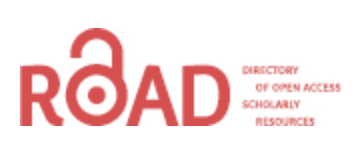Accompanying teachers in Morocco: missions, postures and dilemmas in their work
Keywords:
Accompaniment, accompaniment missions, accompaniment attitudes, accompaniment relationship, accompanying teachersAbstract
Abstract
In the context of implementing the education and training reform, inspired by the 2015-2030 strategic vision in Morocco, a teacher accompaniment system has been set up to promote the renewal of teaching practices. This article reports on the results of research that explores the attitudes of primary accompanying teachers toward accompanied peers, and their perceptions of their missions and the accompaniment relationship. For this end, semi-structured interviews were conducted with six accompanying teachers, from a comprehensive perspective. The results reveal convergent perceptions of their missions. The accompaniment relationship is generally perceived as symmetrical. However, their views on their own practice reveals contrasting attitudes, some of which are in tension with the perceptions of accompaniment: some relate to facilitation, involving accompanied peers in their professional development, while others seem rather directive, even prescriptive, reflecting a concern to provide accompanied peers with models of practice to imitate. Given the context of change in which accompaniment is advocated, these results pave the way for a further investigation into the training of AEs and their actual activity, in order of assessing their impact on the evolution of accompanied peers practices in light of the innovations introduced.
Downloads
Downloads
Published
How to Cite
Issue
Section
License
Copyright (c) 2025 Amina BELHAJ, Kaoutara ELOMARI, Abdellah ESSIYEDALI

This work is licensed under a Creative Commons Attribution-NonCommercial 4.0 International License.















